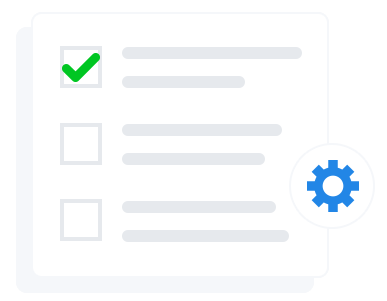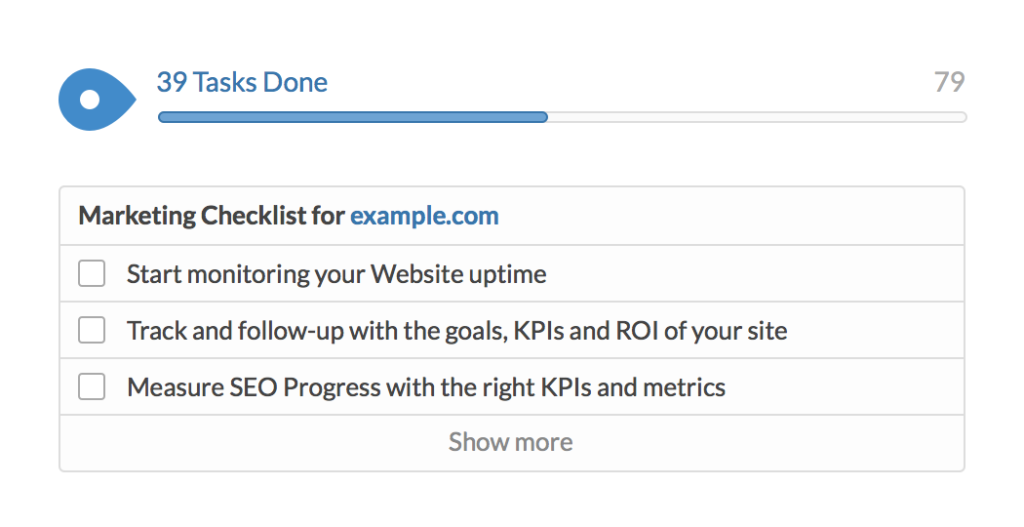Emotional marketing moves beyond rational marketing that focuses just on product attributes, to emotional marketing that focuses on capturing share of heart with products that connect on a deep personal and emotional level with customers (B2Bwhiteboard).
Emotional marketing is a frequently used tactic for business-to-consumer (B2C) companies. But how can business-to-business (B2B) companies leverage such an effective tactic? First, remember that behind every business decision, a person is involved! Therefore, emotion-triggering techniques can still be effective, just with a slightly different twist.
For B2B companies, emotional marketing should appeal to different emotions than consumer purchases. Geoffrey James shared seven unique “emotional hooks” that drive B2B buying:
Job Security
The buyer feels “safe” purchasing from you and your firm. Because he believes that you’ll do an adequate job, he won’t get fired or demoted.
Career Advancement
The buyer feels that buying from you and your firm will give him career points or position him for another job, either inside or outside the current firm.
Personal Achievement
The buyer takes pride in his work and feel that buying from you and your firm is the “right thing to do” based upon his own self-image as a good guy.
Internal Relationships
The buyer likes the people he’s buying for and wants them to be happy. Or, in the case of ERP software, he hates them and wants them to be miserable.
External Relationships
The buyer actually likes the sales rep personally and therefore wants to please him. Or he hates the competitive rep and wants to stiff him by buying elsewhere.
Protective Laziness
The buyer sees buying as the path of least resistance so that buying from you quickly will let him return to whatever really interests him.
Simple Greed
The buyer expects to receive some sort of financial benefit from buying. Warning: this can take the form of a request for an illegal kickback.
You can read the full article here.
B2B Emotional Marketing Example
What is an example of a company actually leveraging such tactics?
An older example, yet still powerful, of leveraging emotions in marketing comes from IBM. In the 1980s, IBM appealed to the “job security” emotional hook described above with the commerical tagline, “Nobody Ever Got Fired for Buying IBM“. This is often described as one of the best taglines and advertising campaigns.
Are there any other great examples of b2b emotional marketing? Please share them in the comment box below!


